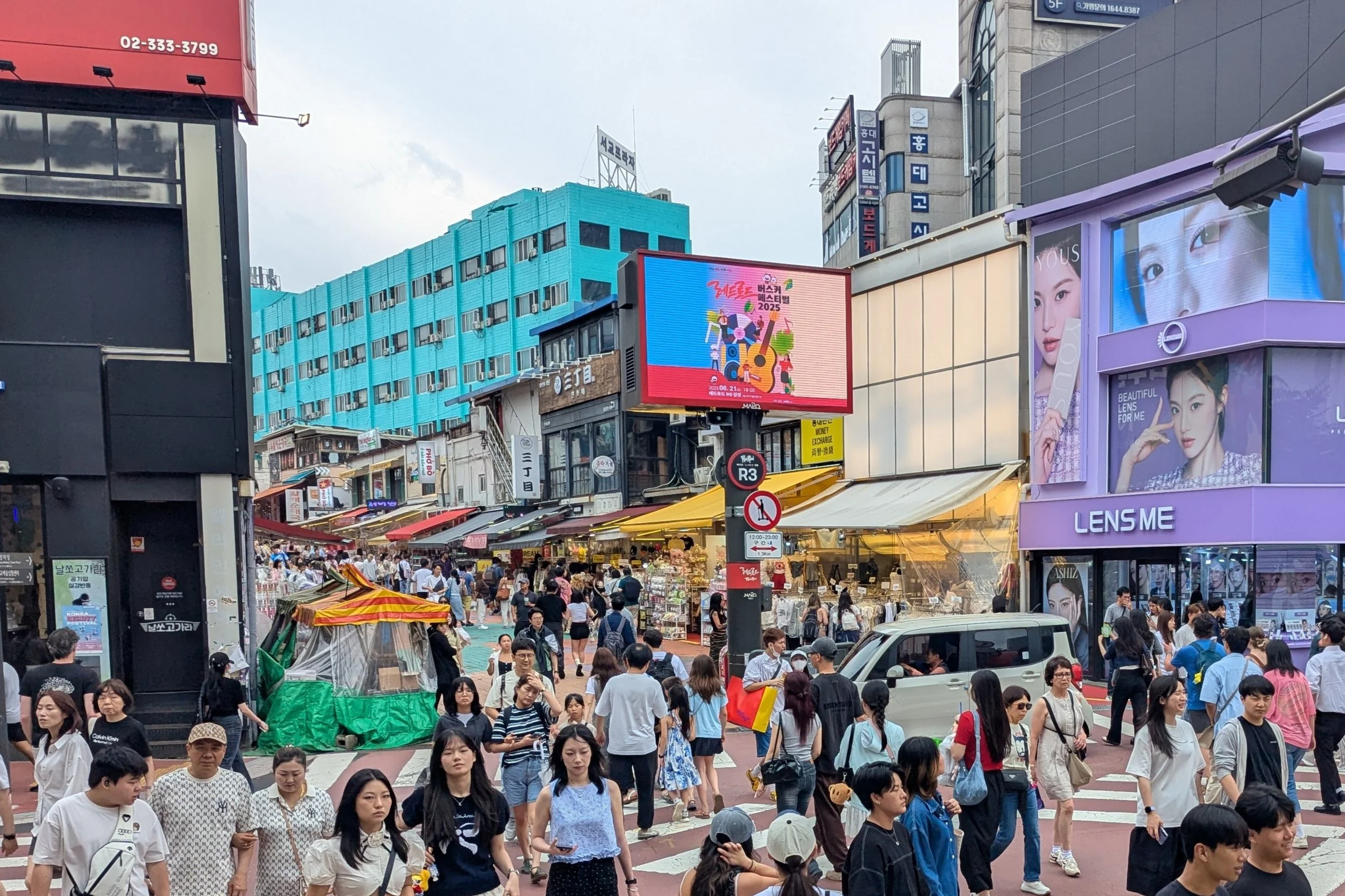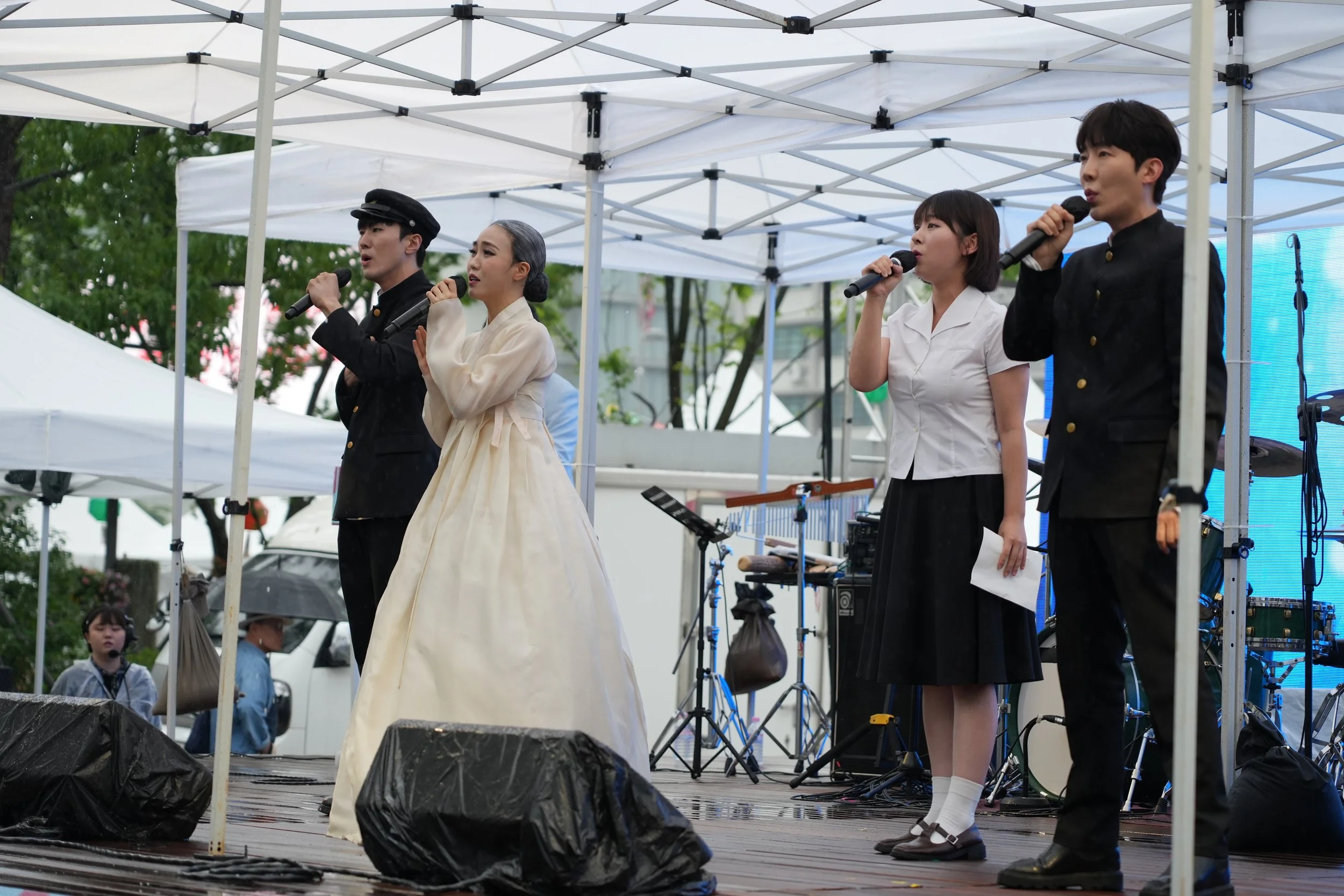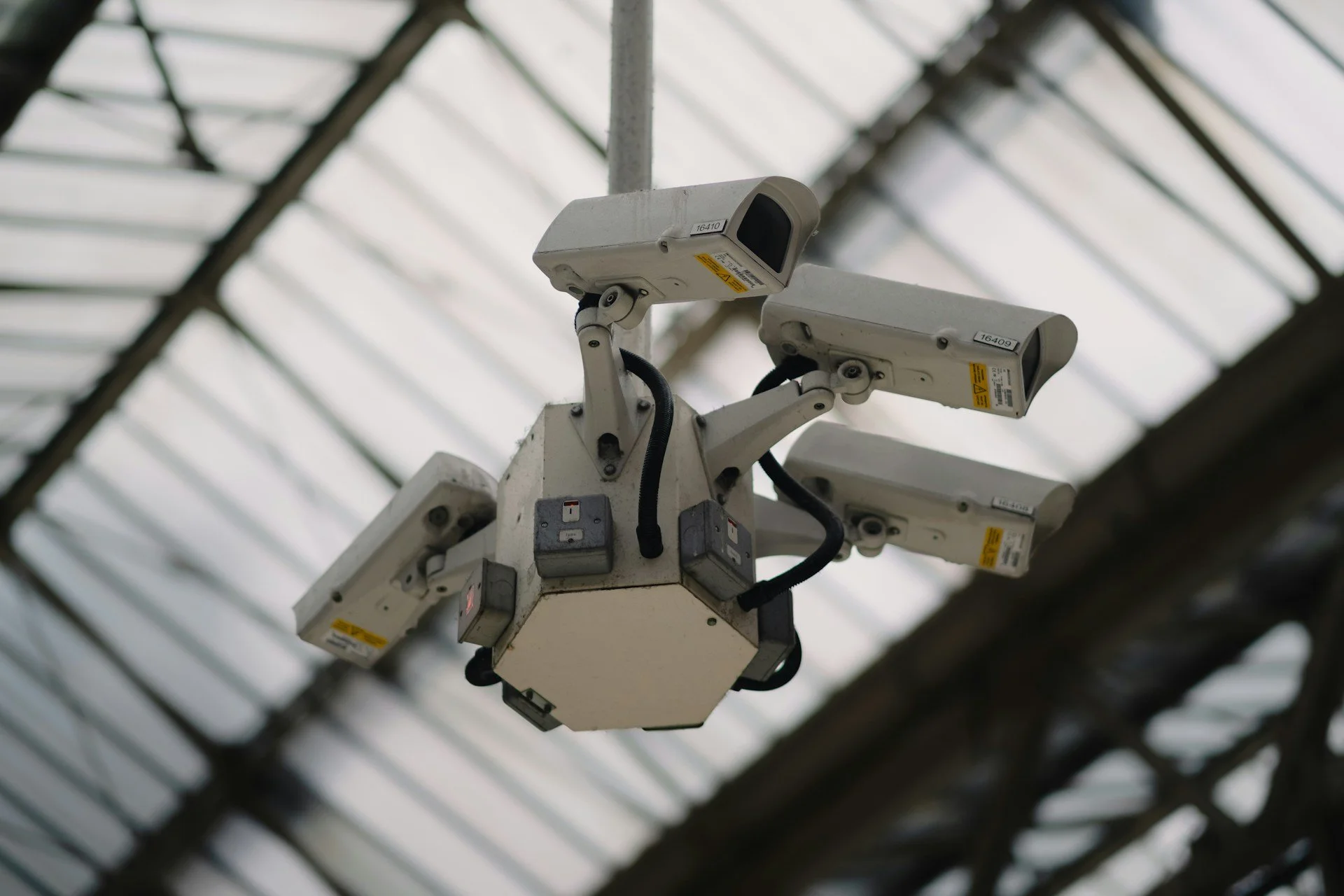South Korea Debates New Term for North Korean Refugees
Recent discussions within South Korea's Unification Ministry are focusing on changing the official term for North Koreans who have fled their country. The move is a response to the refugees themselves, many of whom feel the current word, "defector," carries negative connotations and hinders their ability to fully integrate into a new society.
The current term, "talbukmin," literally translates to "people who escaped from the North," which many find stigmatizing.
Advocates for the change argue that a more neutral term would promote social integration and better reflect the diverse reasons people leave North Korea, from political oppression to economic hardship.
This linguistic shift highlights the ongoing challenges North Koreans face in adapting to life in the South, even after their perilous journeys.
Source:
North Korean Youth Challenge State Control Through Fashion and Slang
Contestants sing at the 2023 Unification Music Competition at Gwanghwamun Square.
A report from Daily NK highlights the subtle but significant ways young North Koreans are resisting strict authoritarian controls. Through underground fashion choices, modern hairstyles, and the secret use of South Korean slang, the nation's youth are carving out personal identities in defiance of the state's monolithic culture.
Young North Korean people are reportedly adopting styles like above-the-knee dresses and using hair straightening treatments, moving away from state-mandated appearances.
Despite crackdowns, South Korean slang terms like "oppa" (older brother/friend) and "daebak" (awesome) are becoming common in private conversations, spread through illicit media.
This cultural resistance, fueled by a desire for self-expression, reveals a growing disconnect between the regime's ideology and the personal aspirations of its younger generation.
Source:
A "Lost Decade": UN Report Details Worsening Hardships of Daily Life
A new United Nations report released in mid-September paints a grim picture of the last ten years inside North Korea, describing it as a "lost decade" for human rights. The report details the severe impact of prolonged border closures and repressive policies on the everyday lives of ordinary citizens, leading to increased hunger and suffering.
The report, based on hundreds of interviews, highlights how state policies restricting markets and movement have severely damaged the right to food.
Pervasive surveillance, forced labor, and harsh punishments for consuming foreign media have intensified, defining the daily existence for millions.
Despite official claims, the report underscores a collapse in access to essential medicine and the inability of people to bribe their way out of arbitrary punishments as the economy has worsened.
Source:






